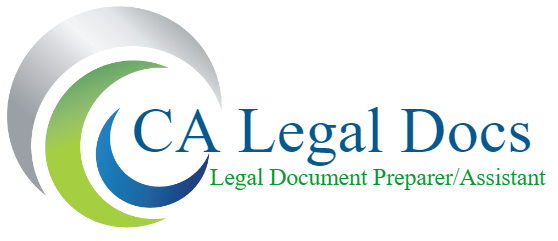Trust Administration – Trustee
Trust Administration – Trustees. When a trust creator (grantor) passes away, the trustee must take certain steps to manage and administer the trust. If you are a trustee, beneficiary, or heir, it’s important to have some idea of what to expect during the trust administration process. Therefore, as a concerned party, you need to know: What happens during a California trust administration?
How to Administer a Trust in California
If you’re a trustee, it’s your responsibility to manage a trust when the settlor dies. If you’ve never worked with a trust before, this responsibility may seem overwhelming. Every trust is different, and the time it takes to complete the task will depend on its size, complexity, and whether any issues (e.g. involving taxes or titles) arise during the administration. However, there are a few basics that all trustees are obligated to observe.
No matter what the nature of the trust is, it’s always a good idea to turn to an estate planning attorney who can help you with the trust administration work. Loew Law Group, PLC, is here to help, and we bring our considerable experience and skill to every trust and estate matter.
Understanding a California Trust
A California trust is a device used by a trust creator (grantor or settlor) for the benefit of named beneficiaries. The grantor transfers ownership of assets into a trust that a designated trustee oversees. Property can be placed into the trust and the trustee is then responsible for managing the trust, making disbursements to beneficiaries, and ensuring that the trust terms are carried out.
The Basics of Trust Administration
A California trust administration is the process that the trustee will follow to attend to the trust after the grantor passes away. Trust administration involves completing several tasks, and sometimes it’s important to have the advice of an experienced California trust attorney.
When the trust grantor passes away, the trustee will have several responsibilities including:
(1) Gathering of essential documents
Before you get started, get everything together – primarily copies of the death certificate, certified copies of the death certificate from the coroner’s office, and the trust document itself. The trust, along with any other estate plan documents, will likely be found among the settlor’s personal papers. Read and familiarize yourself with these documents.
(2) Provide notice to all beneficiaries (including contingent beneficiaries)
California law requires that notice of the trust administration be given to heirs and beneficiaries of the trust. Specific language must be used to ensure the notice is legally sufficient. One purpose of the notice is to allow anyone wishing to do so to contest the trust. It’s probably also a good idea to provide notice to creditors so their claim period can begin to run.
(3) Identifying and valuing assets
One of the trustee’s responsibilities is to protect and preserve trust assets, ensuring that none are lost, stolen or depleted. If the trustee fails to do this, he or she can be held liable. As soon as the settlor is deceased, the trust property should be identified and evaluated through a professional appraisal.
(4) Identifying and Confirming debts
If the decedent had any debts or liabilities (including income taxes), it is important that they be identified. Valid claims made against the estate by creditors and others must be paid. Failure to do so may result in personal liability for the trustee.
(5) Invest responsibly all trust assets
All trust assets must be managed in a prudent and reasonable manner. Any real property, such as a vacant home, should be secured, rented or sold. Liquid assets need to be invested in relatively low-risk way so that they provide reasonable returns.
(6) Obtain titles of trust assets
The trustee needs to obtain titles to trust assets (that is, assets titled in the name of the trust). This will allow you to verify they are actual trust assets. Titles can be for real property, vehicles, boats and any other assets that are titled.
(7) File in a timely manner appropriate tax documents
This is one step that can be fraught with mistakes. The trustee is required to file any necessary tax documents, and to do so on time. Failure to do so could result in unnecessary tax liabilities for the trust. It is important to contact and make an appointment with a CPA or tax preparer as soon as possible.
(8) Maintain and keep accurate records for trust accounting
Beneficiaries are entitled to have a complete accounting of all transactions. California’s Probate Code sets forth certain requirements for this accounting. Fiduciary Accountings can be difficult and extremely time consuming. Look for a professional who has experience completing Fiduciary Accountings.
(9) Distribute the trust assets
The trustee is responsible for efficiently distributing trusts to beneficiaries in accordance with the trust’s terms and conditions, and with state law. There will likely be obligations such as transferring titles and completing transfers. Some assets may stay in the trust for years, with benefits to be paid out over time. The trustee’s responsibility, in that case, will be ongoing and will continue until all trust assets are distributed.
(10) Delegate duties you need help with
You are not required to be an expert with respect to all duties imposed by the trust. You may need to turn to those with experience in accounting, investing, real estate, and other fields. Barring no contrary provisions in the trust, this is acceptable and it is recommended. But even if you hire a professional to assist you in completing the mentioned tasks, it is important to remember, you are ultimately responsible for overseeing anyone to whom you delegate these roles.
(11) Lastly, Trust Administration – Trustees dissolve the trust
Once all assets are distributed to beneficiaries in accordance with the trust, it should be dissolved. This will terminate the trust as a legal entity.

